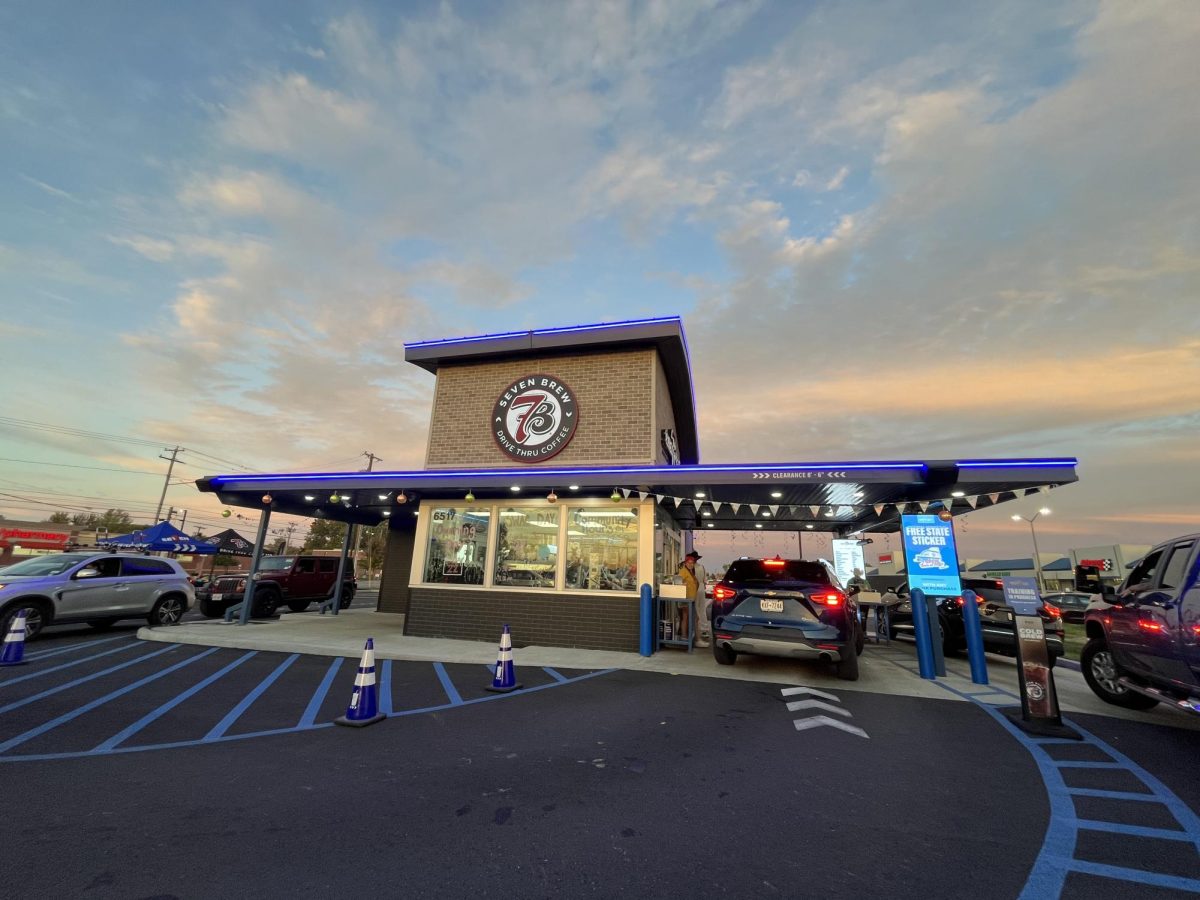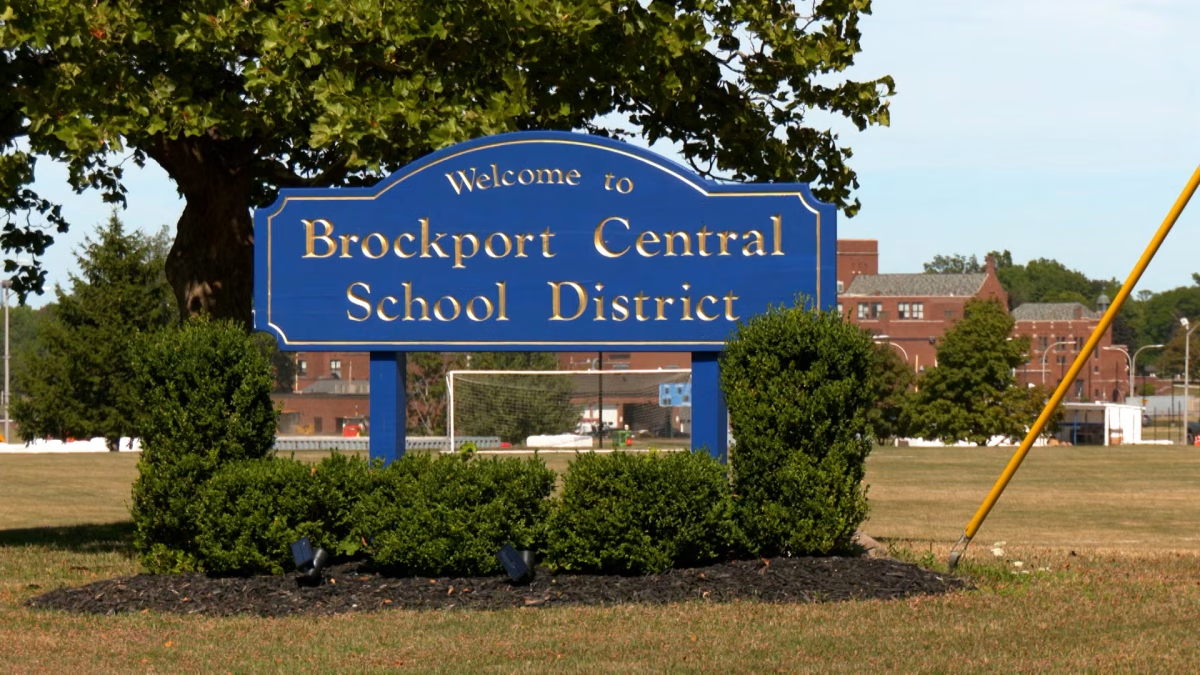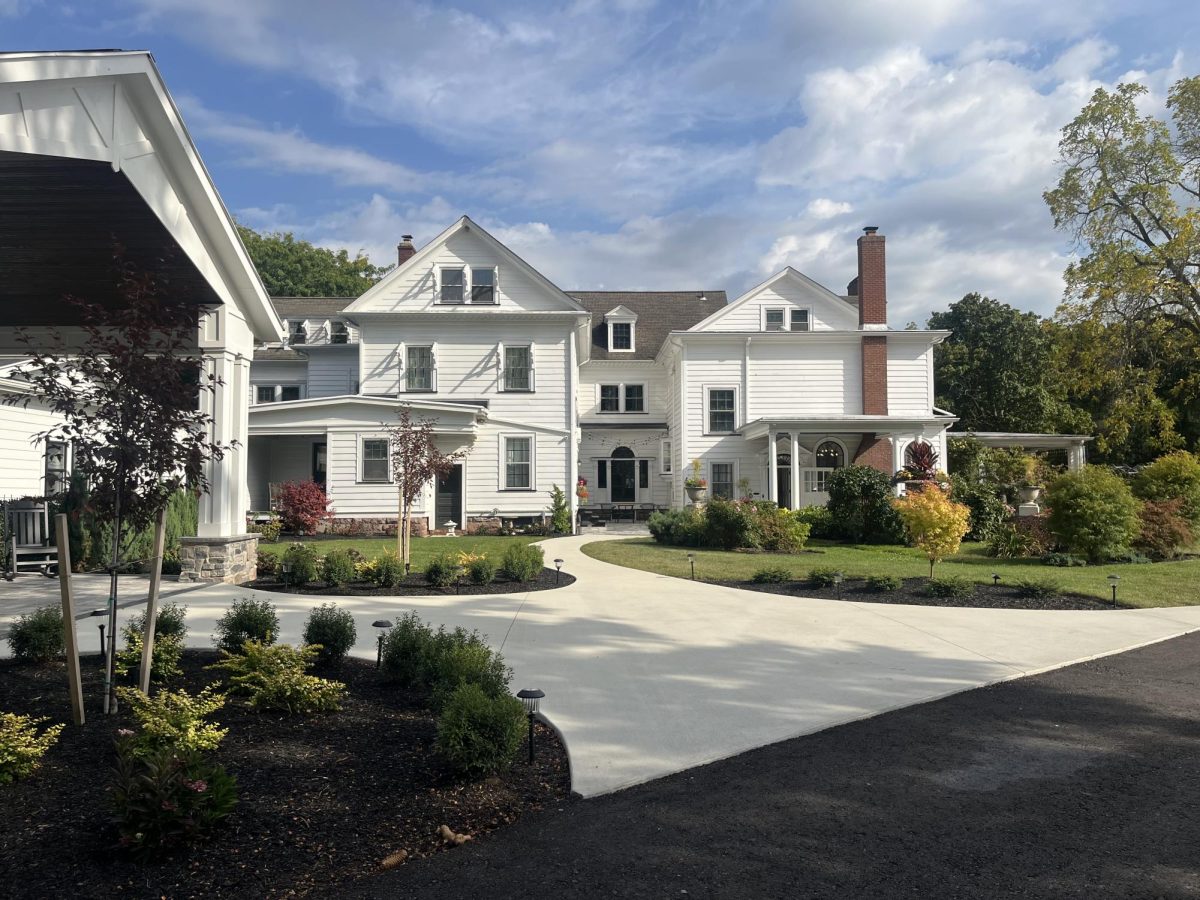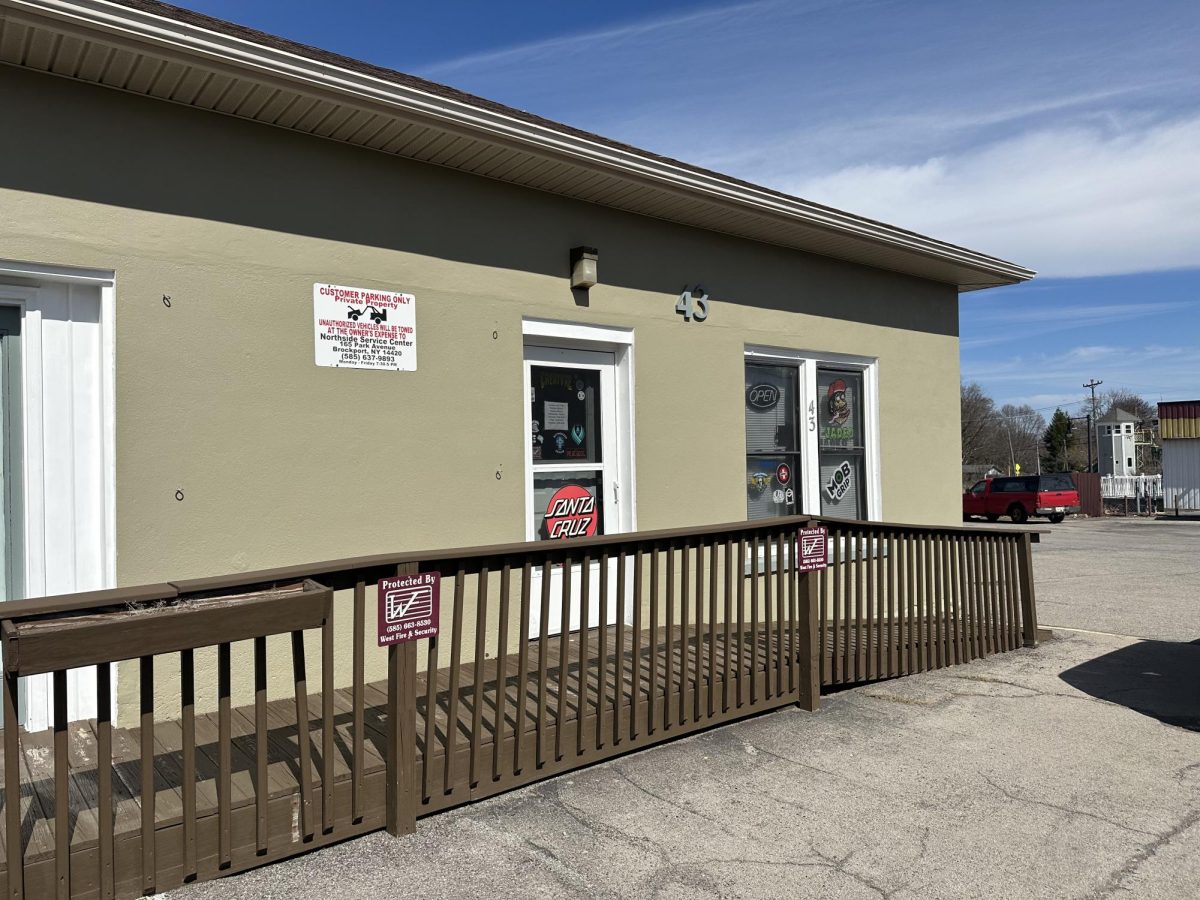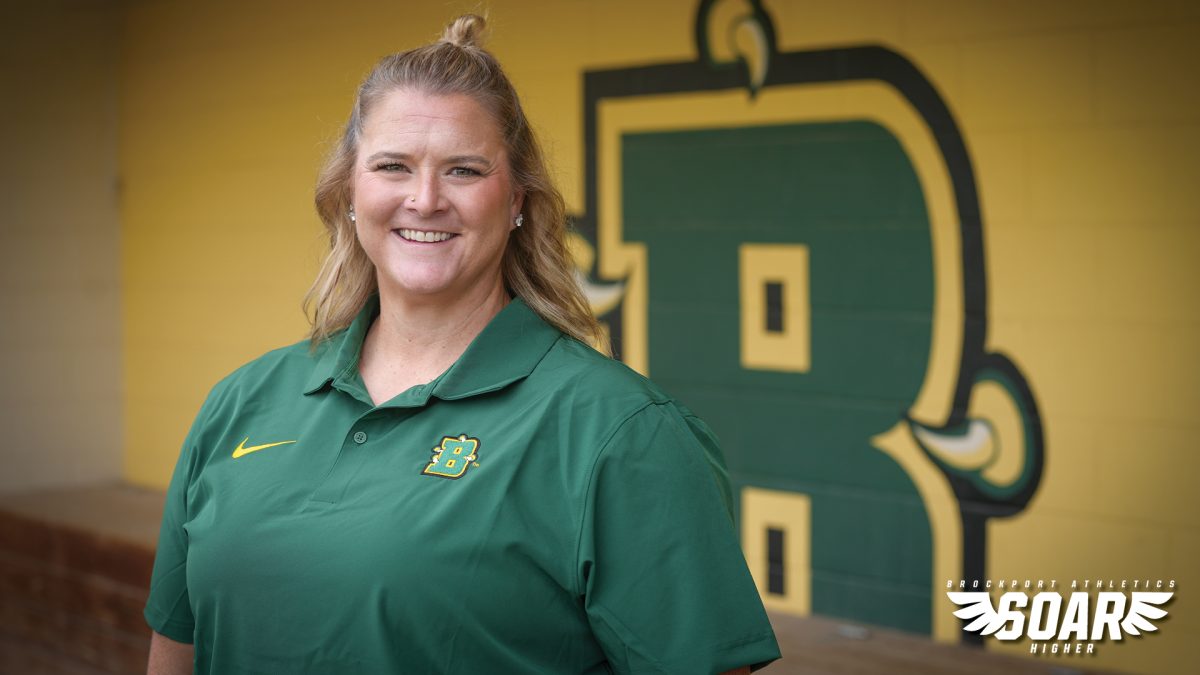20 years ago, the sound of wheels grinding against pavement was enough to turn heads, but not in admiration. Skateboarding was viewed as a nuisance and an act of rebellion, a phase to be outgrown. Today, that sound is the heartbeat of the Brockport community.
Jim Gommenginger owns Jaded Skateshop in Brockport at 43 Market Street. He has seen skating transform from something that was frowned upon in the 1990s to something that is now a catalyst for personal growth, mental health and community development.
“The town loves it. Back in the day, they hated it. We tried to get a better skatepark, and these guys contacted the Tony Hawk Foundation. The Tony Hawk Foundation said they would match whatever the town put up for the skatepark, and the town ended up putting $250,000 up for the skatepark. 20 years ago, that would’ve been unheard of,” said Gommeginger.
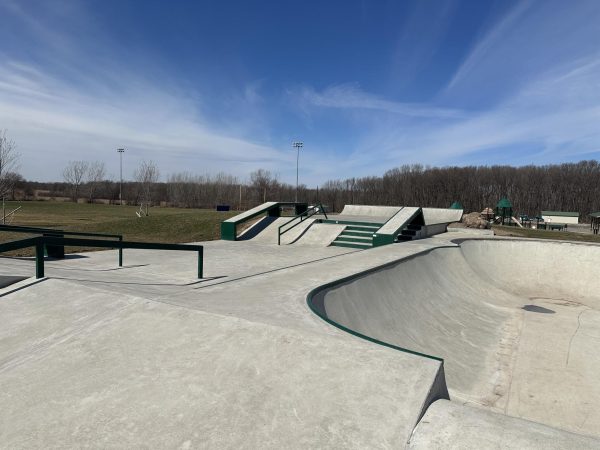
Love keeps the wheels of the skating culture rolling. With local shops’ low-profit margins and foot traffic, love for the sport is the only thing keeping it alive today.
“Any of these small skate shops that you look at do it for love. No one opens up a skate shop looking for profit. That’s just not a thing,” said Gommeginger.
Skateboarding creates mental toughness and confidence that spills into everyday life. Gommeginger understands that personally.
“By the time I was 14, I started learning tricks, and it really helped my self-confidence. I was better at something than everybody in my class. It made me feel like someone that was better than who I was,” said Gommeginger.
Besides building self-confidence, skateboarding also boosts physical and mental health.
According to Beyond the Board, if paired with a healthy diet, skating can help meet weight loss goals, significantly lower the risk of heart disease, and is a good source of low-impact cardio.
“The only reason I wasn’t fat was through skateboarding. It builds your stomach muscles, your leg muscles and your flexibility,” said Gommeginger.
Skating’s influence extends far beyond fitness. It shapes lives and communities in powerful ways.
Recognizing how impactful skateboarding can be to the community, a program called Roc Rolling Resettlement provides indoor sessions that teach young people how to skate. Roc Rolling Resettlement is redefining what skateboarding can be for the youth in Rochester. What began in 2022 as a small initiative has grown into a city-wide movement for empowerment, inclusion and healing. Beyond the muscles and mindset, skateboarding continues to give people something even more valuable: a place to belong.
Hassan Mohammadi is the operations manager for the initiative.
“We started at Rochester International Academy. That school is all international students. We went there and met immigrant and refugee students from different cultures. Skateboarding is an empowering thing for young students,” said Mohammadi.
Roc Rolling Resettlement is funded by Rochester’s Department of Recreation and Human Services along with other supporting organizations like the Roc City Skatepark. Open to kids from ages 6-18, the free program hosts weekly open sessions at recreation centers across Rochester. The program focuses on the basics: balance, safety and self-expression.
“It’s a nonprofit initiative, and it’s free for everyone in the community. We have open sessions on Mondays and Wednesdays; anyone can show up and skate for fun,” said Mohammadi.
The joy is what draws kids in, but the impact of the program goes deeper.
“We’ve had students with mental health issues. At first, they were shy and did not want to skate. Later on, they just wanted to skate and they started having fun. We help them and assign someone to support them,” said Mohammadi.
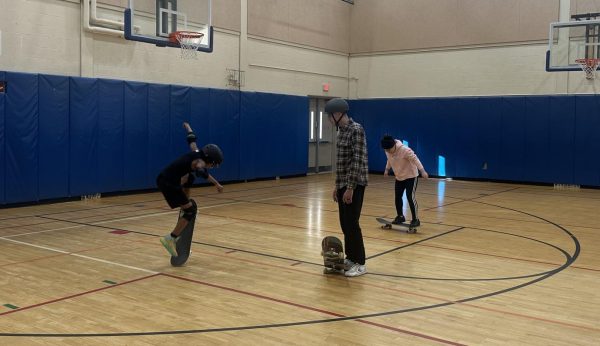
The sessions are as much about community as they are about tricks. For kids struggling with anxiety, loneliness or trauma, the act of rolling across pavement provides a healing effect.
“Skateboarding has truly helped a lot of kids in our community just by empowering them and giving them an opportunity to socialize. Having the power to speak and skate among a big group of people allows them to show themselves,” said Mohammadi.
It’s not just the coaches who feel the joy within the program. Nine-year-old Kaden Walker has learned valuable lessons from the initiative.
“Coming back to skateboarding is something that I am really happy about doing. If you try something one day, keep trying it and don’t give up,” said Walker.
The biggest theme that rolls through the program is support. When staff numbers fall short, the students step up to support each other.
“We’ve had students four and five years old that just get it. Students who know skateboarding better help other new students. It’s all about helping and supporting each other,” said Mohammadi.
Gommeginger has seen that same support brought to life in Brockport. Now, when kids skate down Main Street or in a college parking lot, people smile instead of frowning. Even the older residents have come around to it.
“We called people posers back in the day. Someone would do a trick, and you would try to do it better just to shut them down, whereas now, everyone tries to push each other to be better. It’s a completely different society than it was in the late 1990s and early 2000s. Now if you see a kid outside skateboarding, you’re like, ‘Oh my God, there’s children outside playing. This is the greatest thing since sliced bread,’” said Gommeginger.
Gommeginger has seen firsthand how far skateboarding can grow when it’s supported by love, patience and a community that believes in its power.
Skateboarding brings joy in movement, learning and the community that forms when people fall and get back up together. As skateboarding spreads from small towns to cities, from refugee classrooms to suburban parking lots, it’s not just a reckless sport anymore. It’s a universal language. It’s a way to express yourself freely through exercise. It’s a way to build bonds and foster love within the community.

